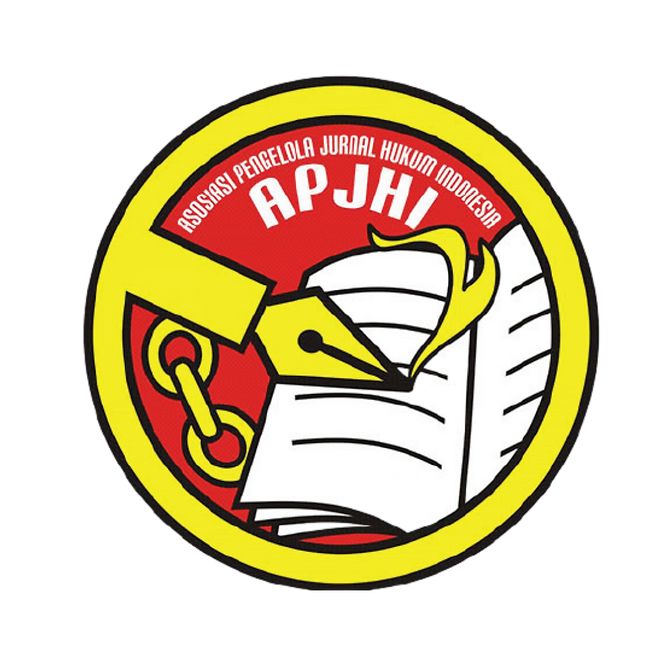Retraction/Withdrawal Policy
In principle, journal editors cannot independently decide which articles shall be published. In making decisions regarding publishing, editors are guided by the policies of the journal's editorial board. They are limited by applicable legal requirements relating to defamation, copyright infringement, double publishing, and plagiarism. Articles that have been published will remain extant, exact, and unaltered as far as is possible. However, under certain circumstances, articles that have been published must then be withdrawn or even deleted. Such actions should not be carried out except in exceptional circumstances.
The retraction of articles that have been published can be initiated by journal editors, authors, and/or their institutions. Sometimes, the retraction must be accompanied by an apology for the previous mistakes and/or expressions of gratitude to those who revealed the error to the author. A retraction of published scientific articles must accompany a statement that the original article must not be published and that data and conclusions should not be used as a basis for future research.
Article withdrawal
These circumstances can occur if the initial version of the article contains an error, or may have been accidentally sent twice to both ProLev and/or a different publisher. In addition, it can also occur due to an element of Infringements of the scientific code of ethics, such as double submissions, false claims of authorship, plagiarism, self-plagiarism, fraudulent use of data, or the like. Articles that meet the element of Infringements of the code of ethics upon the author's awareness can withdraw their article, accompanied by a letter of statement withdrawal addressed to the editorial board of ProLev.
Article retraction
A retraction is carried out if an article is indicated to have Infringements of scientific ethical codes, such as double submissions, false claims of authorship, plagiarism, fraudulent use of data, fake authors, or the like. Also, a retraction will be used to correct errors in submission or publication. A retraction of an article by the author or editor under the advice of the editorial board of the ProLev. ProLev, i.e., carry out several forms of rectification:
-
If the infringements of the scientific code of ethics are indicated before the article is published, the editor will return the manuscript to the author, accompanied by a retraction letter from the Chief Editor;
-
If the infringements of the scientific code of ethics are indicated after the article published, several mechanisms can occur:
-
If the infringements of the scientific code of ethics are indicated after the article published, several mechanisms can occur:
-
The online article is preceded by a screen containing the retraction note. The link resolves to this screen; the reader can proceed to the article.
-
The original article is retained unchanged, save for a watermark on the .pdf indicating on each page that it is “retracted.”
-
-
The HTML version of the document is removed.
Article removal: legal limitations
Removing an article from Prolev's online database may be necessary in a few cases. This will only occur where the article is defamatory, hoax, infringes others’ legal rights, a court order, and endangering state security. In these circumstances, while the metadata (Title and Authors) will be retained, the text will be replaced with a screen indicating the article has been removed for legal reasons.
Article replacement
In cases where the article, if acted upon, might pose a serious risk, the original article's authors may wish to retract the flawed original and replace it with a corrected version. In these circumstances, the procedures for retraction will be followed with the difference that the database retraction notice will publish a link to the corrected, re-published article and a history of the document.





